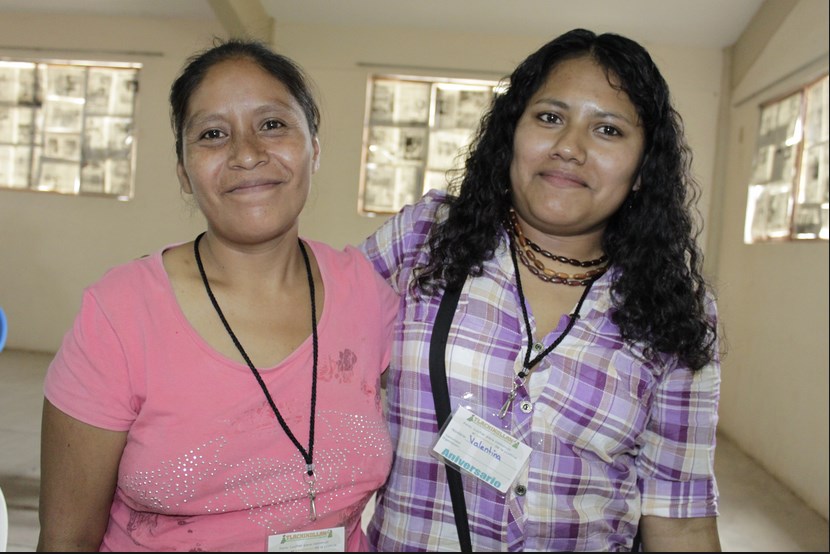






On February 16, 2002 Valentina Rosendo Cantú a 17 year-old indigenous me’phaa woman, was washing clothes in a stream near her home of Barranca Bejuco in the municipality of Ecatepec, when members of the Mexican Army interrogated her about the location of several “hooded” men that had been seen around the community. During the course of the interrogation Valentina was raped.
On 22 March 2002, Inés Fernández Ortega, a Me’phaa indigenous woman, was also sexually assaulted by soldiers who raided her home in Barranca Tecuani–a community located in the mountainous area of Ayutla de los Libres. The presentation of the report of the rape of Inés Fernández set off a chain of events that resulted in threats against the life and integrity of the victim, her family and members of the Organization of Indigenous Peoples of Mexico Mepha’a (OPIM), particularly its advocate and interpreter Obtilia Eugenio Manuel.
The rape and torture suffered by Valentina Rosendo and Inés Fernández took place under a broader context of militarization of indigenous territories in the mountainous-coastal region of Guerrero. To this day, the army continues to patrol the indigenous Me’phaa and Na Savi in both municipalities. The officially approved military presence is intended to prevent the emergence of guerrilla groups. In reality, it is affecting social movements, community organizations and local culture, as they are considered a potential enemy threats that must be undermined and destroyed. The Mexican army has not limited itself to being a presence operating behind the scenes. It has raided homes, detained indigenous people, destroyed crops, sexually tortured and raped women in the region. These abuses have been well documented by international human rights organizations such as Amnesty International.
Case Impact:
Help us continue this critical and urgent work with a donation!
DONATE NOW